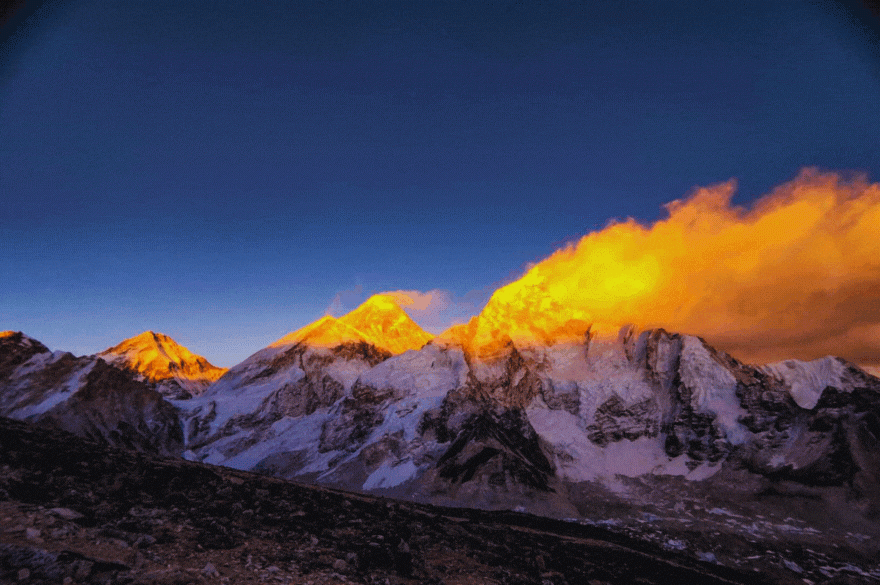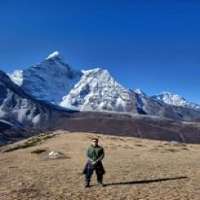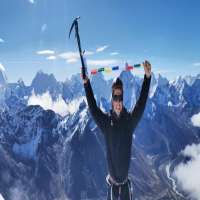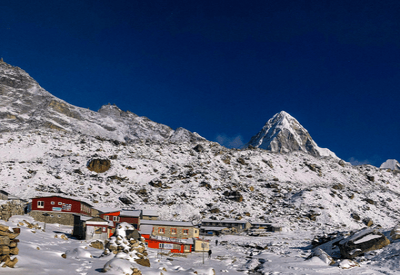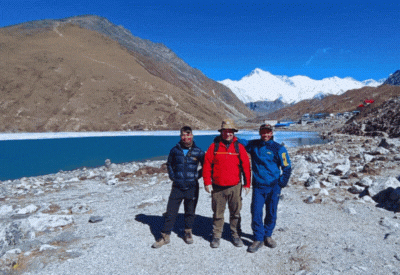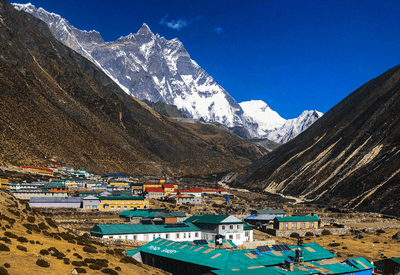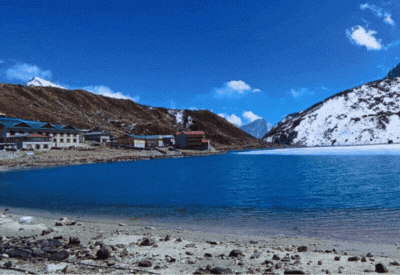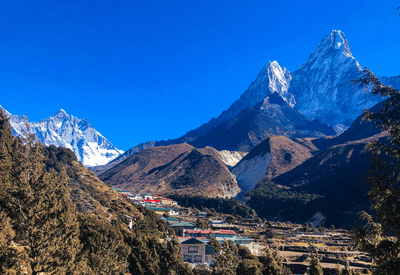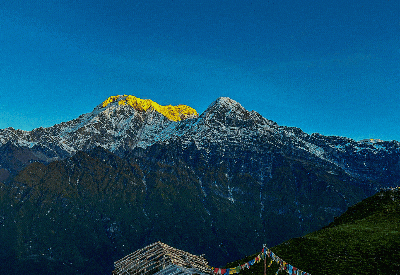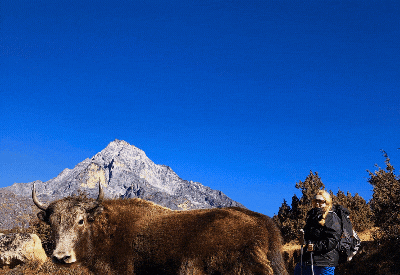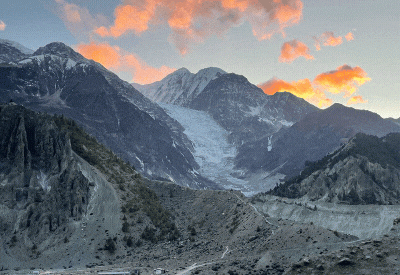About Everest 3 High Passes Trek
Overview
Everest 3 High Passes Trek, without a doubt, is one of the most adventurous treks for travelers. This trekking involves the crossing of three high passes, namely Renjo La Pass (5,360m), Chola Pass (5,330 m), and Kongmala Pass (5,535m). This trekking package is designed to make the Everest Base Camp Trek even more thrilling and exciting. If you are seeking adventurous trekking, then this package is definitely for you.
The 3 Passes Trek, in the Khumbu region of Nepal, is definitely for those who are physically fit and are seeking challenging trekking. This trek will prove that life is hard. Renjo La, Chola, and Kongmala high passes are the unforgettable path to Everest Base Camp. Kongmala has the highest pass among them. From Chola Pass, you can view beautiful glaciers. Renjo La Pass was recently discovered by great Sherpas.
So, this trek to Everest Base Camp via three passes is a fusion of adventure and joy. So, if you want to make the moments of your life memorable, then Everest 3 High Pass Trekking is for you.

